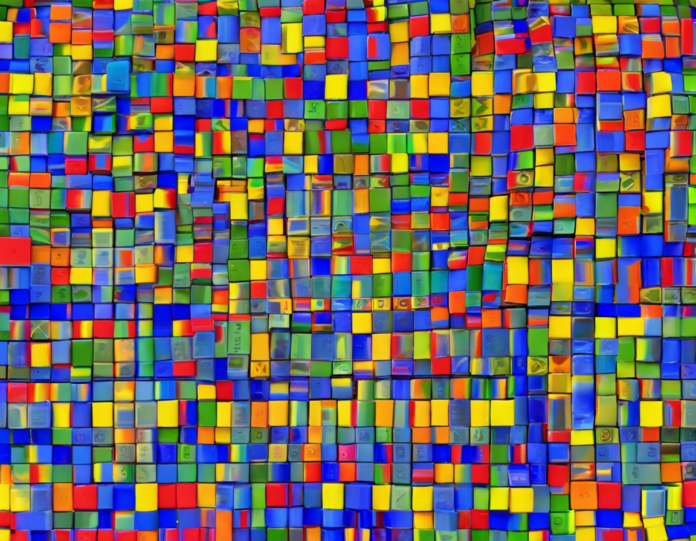Prime numbers are a fundamental concept in mathematics that play a crucial role in number theory and various real-world applications, including cryptography and computer science. A prime number is a natural number greater than 1 that is only divisible by 1 and itself. In other words, a prime number has exactly two distinct positive divisors: 1 and the number itself.
When determining whether a number is prime, we need to check if it has any divisors other than 1 and itself. One way to do this is by testing divisibility by all numbers less than the square root of the number under consideration. If a number is not divisible by any such numbers, it is considered a prime number.
In the case of 571, we can apply the above logic to determine if it is a prime number. The square root of 571 is approximately 23.90, so we only need to check divisibility by prime numbers up to 23. Let's walk through the process:
- We start by checking if 571 is divisible by 2. Since 571 is odd, it is not divisible by 2.
- Next, we check divisibility by 3. The sum of the digits of 571 is 5 + 7 + 1 = 13, which is not divisible by 3. Hence, 571 is not divisible by 3.
- Moving on, we check divisibility by 5. Since 571 does not end in 0 or 5, it is not divisible by 5.
- We continue this process up to the square root of 571, which is approximately 23.90. After checking divisibility by prime numbers up to 23, we find that 571 is not divisible by any of them.
Therefore, based on the above analysis, we can conclude that 571 is a prime number. It satisfies the definition of a prime number as it has exactly two positive divisors: 1 and 571. This makes 571 a prime number and adds it to the list of prime numbers that are integral to the world of mathematics and beyond.
FAQs about Prime Numbers:
1. What are prime numbers?
Prime numbers are natural numbers greater than 1 that are only divisible by 1 and themselves. They have exactly two distinct positive divisors.
2. Why are prime numbers important?
Prime numbers are fundamental in mathematics and have various applications, including cryptography, number theory, and computer science.
3. What is the smallest prime number?
The smallest prime number is 2, as it is only divisible by 1 and 2.
4. How many prime numbers are there?
There are infinitely many prime numbers, as demonstrated by Euclid in his proof around 300 BC.
5. Are prime numbers used in encryption?
Yes, prime numbers are crucial in encryption methods like RSA, where the security of the system relies on the difficulty of factoring large composite numbers into their prime factors.
6. Can 1 be a prime number?
No, 1 is not considered a prime number because it only has one positive divisor (1 itself), whereas prime numbers, by definition, have exactly two distinct positive divisors.
7. Do prime numbers follow any pattern?
Prime numbers do not follow a specific pattern, which makes predicting them a challenging task in mathematics.
8. What is the largest known prime number?
As of now, the largest known prime number is 2^82,589,933−1, a Mersenne prime discovered in December 2018.
9. Who is credited with the discovery of prime numbers?
Ancient Greek mathematicians, particularly Eratosthenes and Euclid, made significant contributions to the study of prime numbers.
10. How are prime numbers used in everyday life?
Prime numbers are utilized in various ways, from computer algorithms to generating secure passwords and even in music theory for tuning instruments. Their uniqueness and properties have practical implications across different fields.


Recent comments